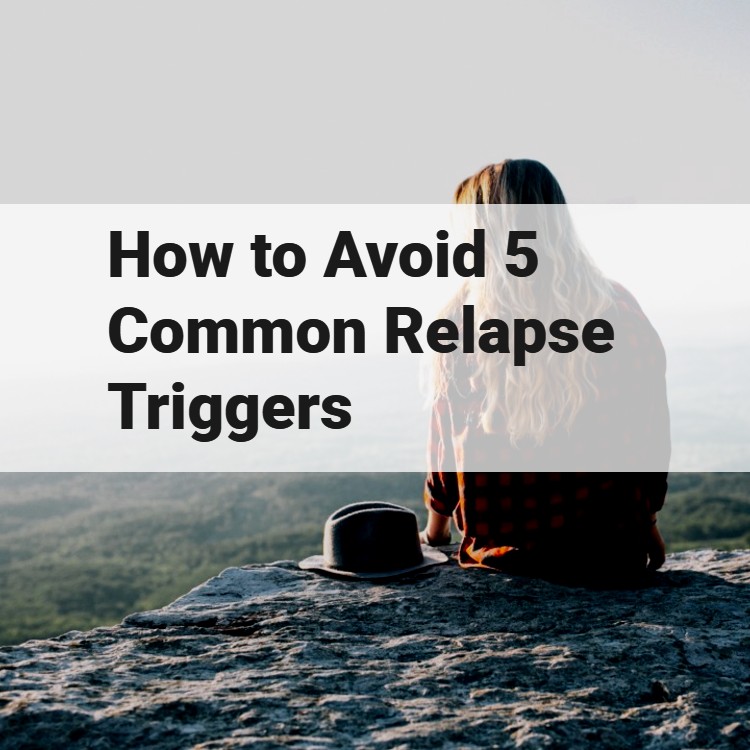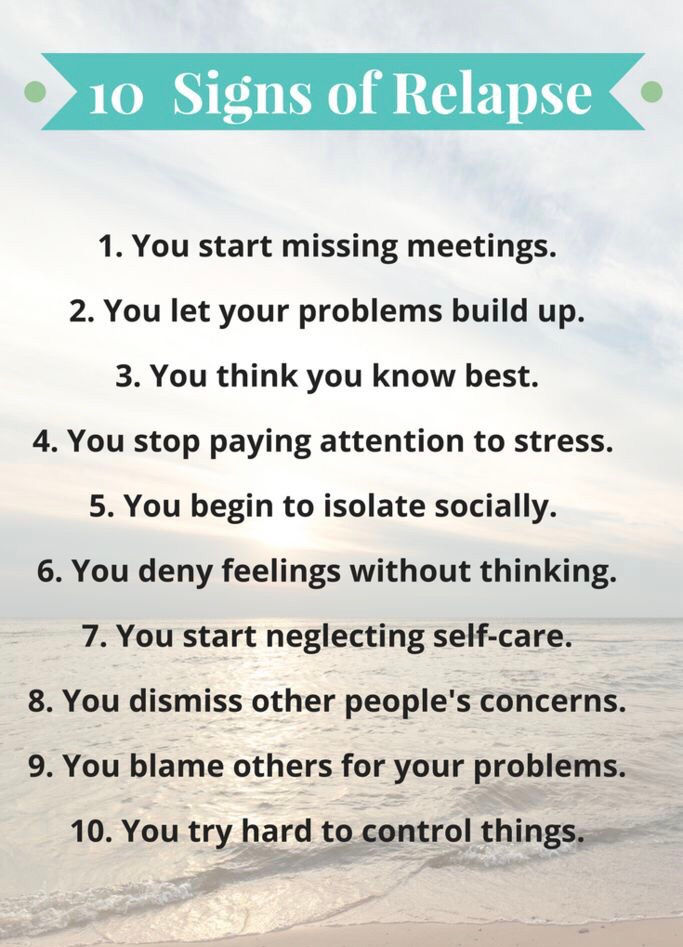

Identifying triggers to prevent relapse after quitting is a crucial aspect of maintaining long-term sobriety. Understanding the factors that contribute to a potential relapse is the first step towards creating a robust plan to prevent setbacks. This comprehensive guide will delve into identifying personal triggers, developing coping mechanisms, and building a supportive network to help you navigate this challenging journey. The following sections will explain how to pinpoint triggers, build coping strategies, and cultivate support to ensure lasting sobriety. We’ll also address common challenges and offer solutions for overcoming these hurdles.
Understanding the Psychology of Relapse
Common Psychological Triggers
Relapse after quitting is a complex process often stemming from underlying psychological factors. Identifying these factors is essential to developing effective strategies for prevention. Common psychological triggers can include stress, social pressure, negative emotions, or a lack of coping mechanisms. Withdrawal symptoms can also play a significant role in the decision-making processes associated with relapse. Recognizing these triggers can empower individuals to proactively develop resilience and coping mechanisms to navigate challenging situations.
Identifying External Triggers
Environmental Factors
External triggers often play a significant role in relapse. These triggers can be associated with specific places, people, or situations that are strongly linked to past addictive behaviors. For example, a person who used to use drugs in a particular park might experience a strong urge to relapse if they return to that location. Similarly, individuals may be triggered by people who actively encourage or reinforce addictive behaviors or use of substances. Recognizing environmental cues and taking steps to limit exposure or adjust routines can help to avoid triggering situations. Many individuals find that avoiding high-risk environments or developing alternative routines significantly reduces relapse potential.
Developing Coping Mechanisms
Effective Strategies
Developing effective coping mechanisms is a crucial part of a relapse prevention plan. These mechanisms can help individuals manage cravings, stress, and challenging emotions. One key strategy involves learning relaxation techniques, such as mindfulness meditation, deep breathing exercises, or progressive muscle relaxation. These techniques can help to reduce anxiety and promote emotional well-being, thereby weakening the influence of triggers. Additionally, building a strong support system from family, friends, or support groups can provide crucial emotional support and a safe space to discuss challenges and concerns without judgment.
Building a Support System
The Importance of Connection
A robust support system is often overlooked but essential for successful recovery. Strong social connections can provide encouragement, accountability, and a sense of belonging, all of which contribute to long-term sobriety. Support groups, therapy sessions, or close friends and family can provide a vital network of individuals who understand and empathize with the challenges faced during recovery. Consider joining support groups or seeking therapy to connect with others facing similar situations and learn from their experiences.
Related Post : Effective Strategies Overcoming Nicotine Dependence Challenges
Addressing Underlying Issues
Root Cause Analysis
Relapse is not always straightforward and often stems from underlying issues. Exploring underlying issues like depression, anxiety, or trauma is important in preventing relapse. Individuals should address underlying emotional needs through therapy or counseling. These types of intervention provide an understanding of the root causes of the addictive behavior and develop strategies for addressing those root causes.
Relapse Prevention Strategies
Structured Approach
Utilizing a structured approach to relapse prevention is vital. Creating a relapse prevention plan tailored to individual needs can include strategies for identifying triggers, developing coping mechanisms, and building support systems. Consider creating a list of your personal triggers and develop a plan to avoid or mitigate them, building a support system of trusted individuals, and practicing coping mechanisms regularly.
Seeking Professional Help
Guidance and Support
Seeking professional help is often a critical aspect of long-term recovery. Professional counselors, therapists, or addiction specialists can provide guidance and support throughout the recovery journey. They can help individuals identify triggers, develop coping mechanisms, and create a customized relapse prevention plan.
Maintaining Healthy Habits
Maintaining routines
Maintaining healthy habits is essential for preventing relapse after quitting. Building routines that support overall well-being is a great way to avoid triggers. Regular exercise, balanced nutrition, and sufficient sleep are essential components of a healthy lifestyle that contribute to emotional stability and reduce the likelihood of relapse.
Making Realistic Goals
Setting Realistic Goals
Establishing realistic goals is another aspect of creating a plan that works. Don’t set goals that are too lofty. Starting with small, attainable goals and gradually increasing complexity can lead to a feeling of accomplishment that creates momentum towards long-term success. This incremental approach can help to prevent feelings of overwhelm and maintain motivation over the course of the process. Remember, consistency and perseverance are keys to sustained recovery. Celebrate your successes, no matter how small, to reinforce positive behavior and maintain motivation. This is vital to long-term success, making it essential for you to establish strategies for self-care that promote well-being and reduce potential relapse triggers, and maintaining those strategies consistently during your journey toward sobriety. The plan you create can provide a framework to navigate the recovery journey efficiently and successfully, ultimately preventing relapse from occurring after quitting.
In conclusion, identifying triggers for relapse after quitting is crucial for long-term success. By understanding your personal triggers, developing coping mechanisms, and building a strong support system, you can significantly reduce the risk of relapse. Remember, recovery is a journey, not a destination, and seeking professional help is always a valuable option. Take proactive steps to create a relapse prevention plan tailored to your individual needs today and experience lasting sobriety. For continued support and resources, visit our website or reach out to a counselor.